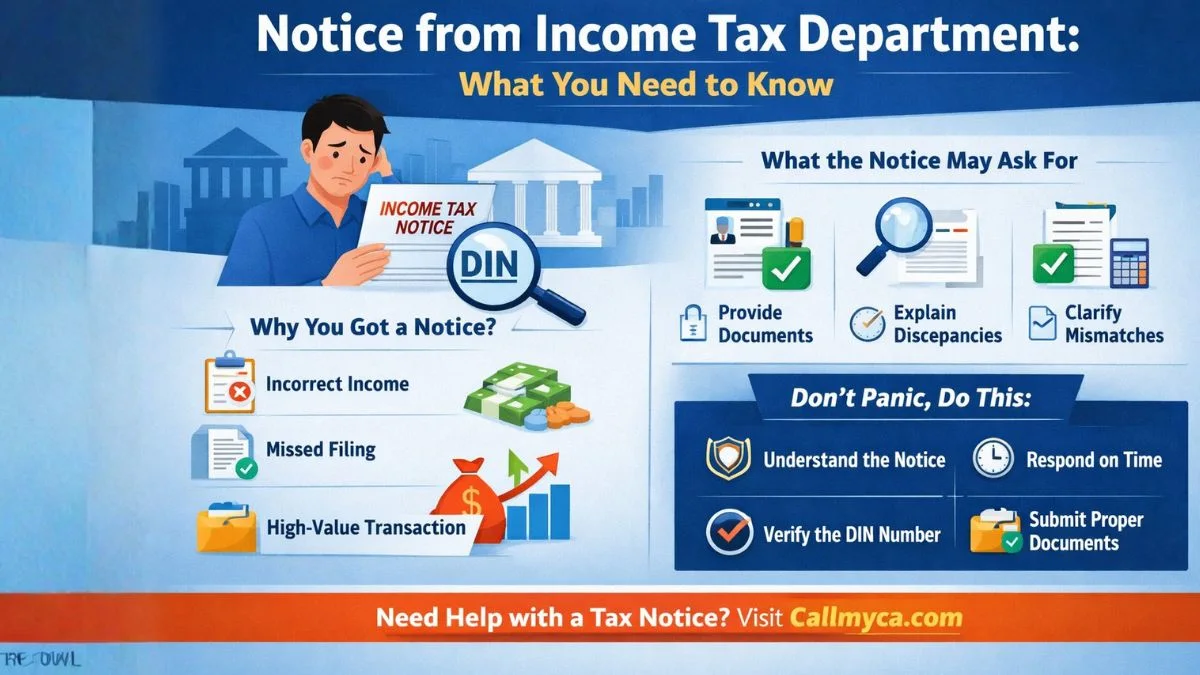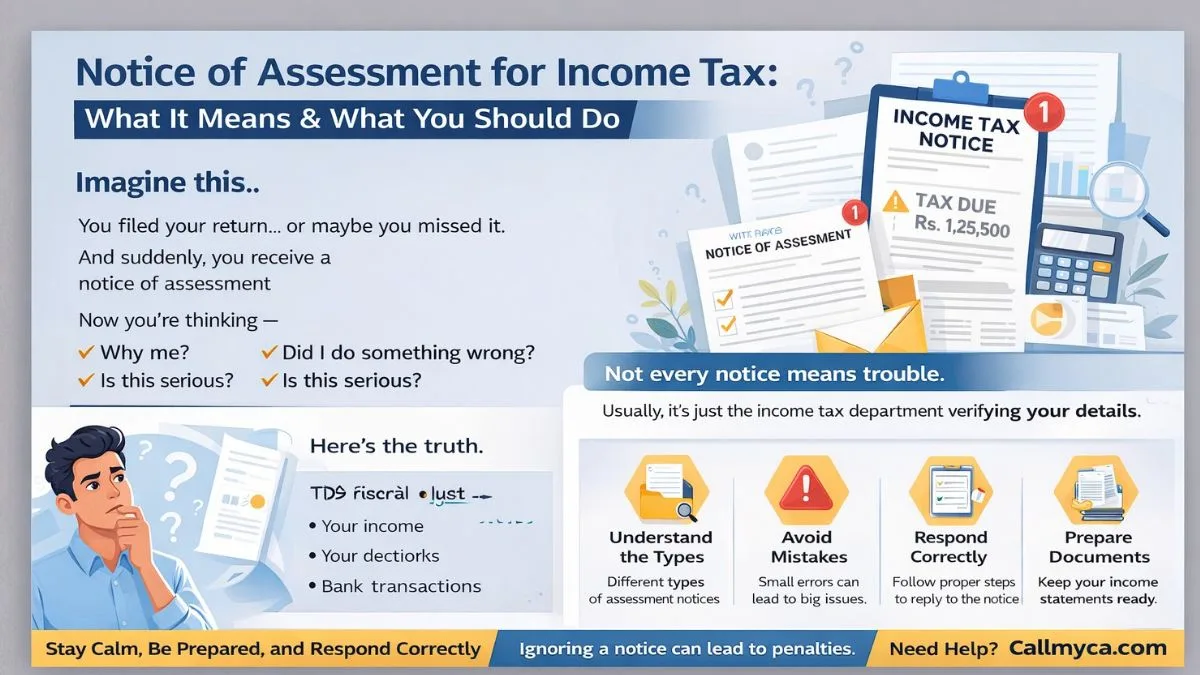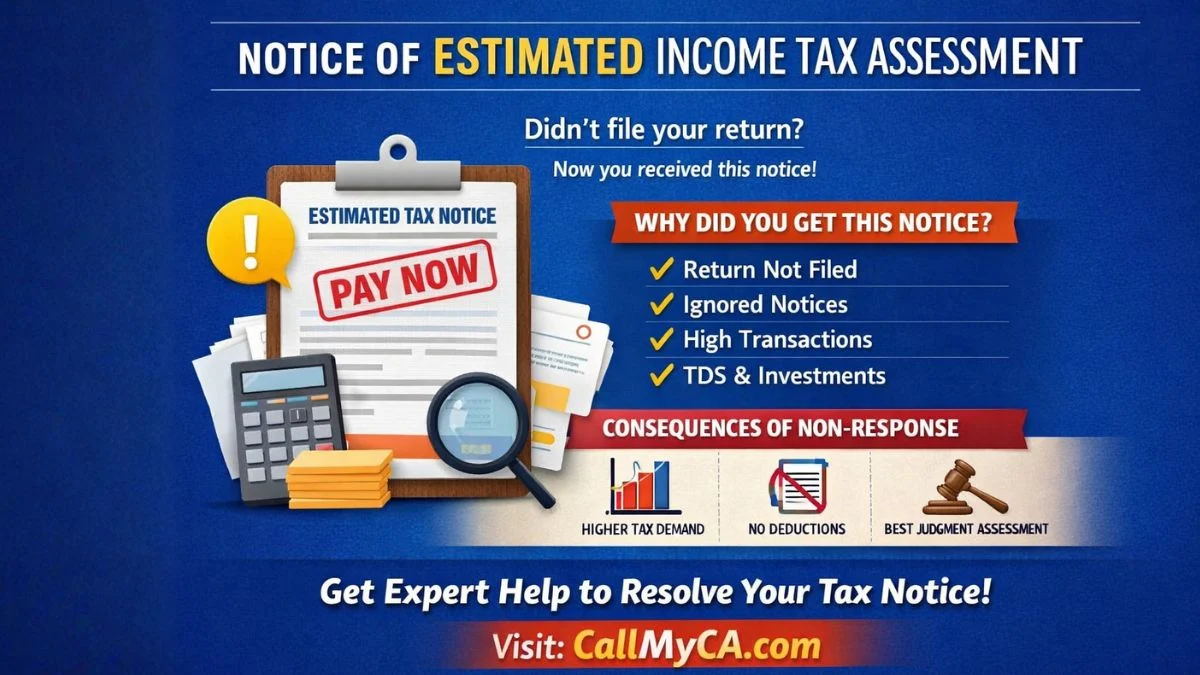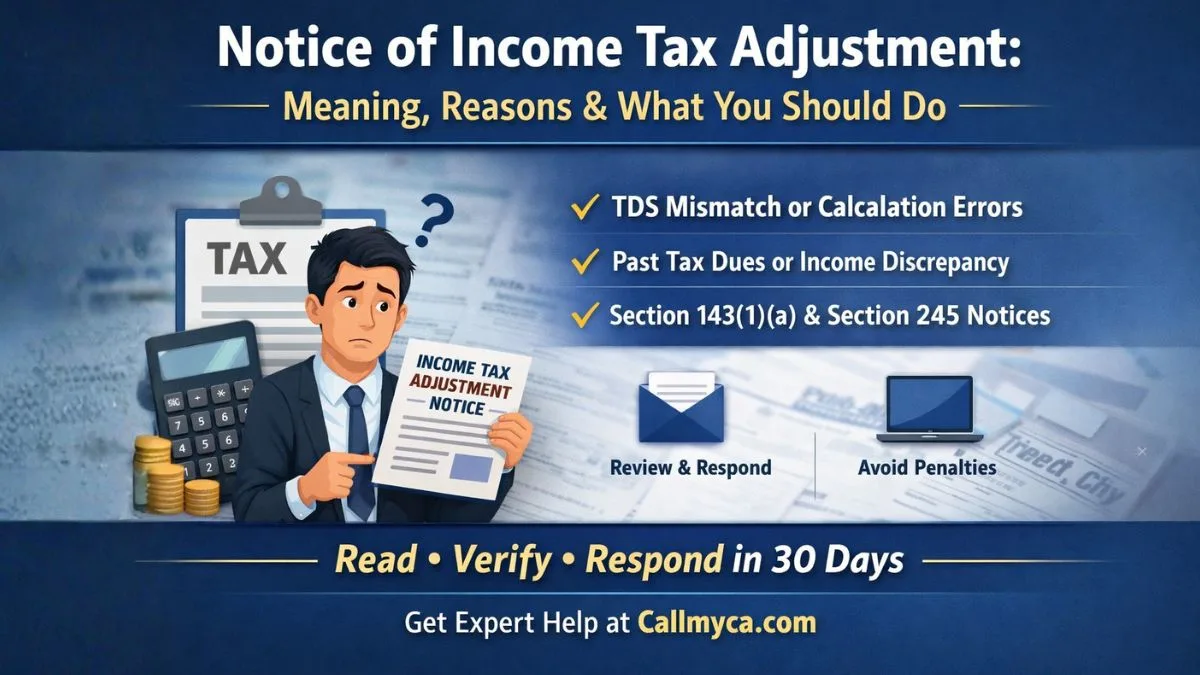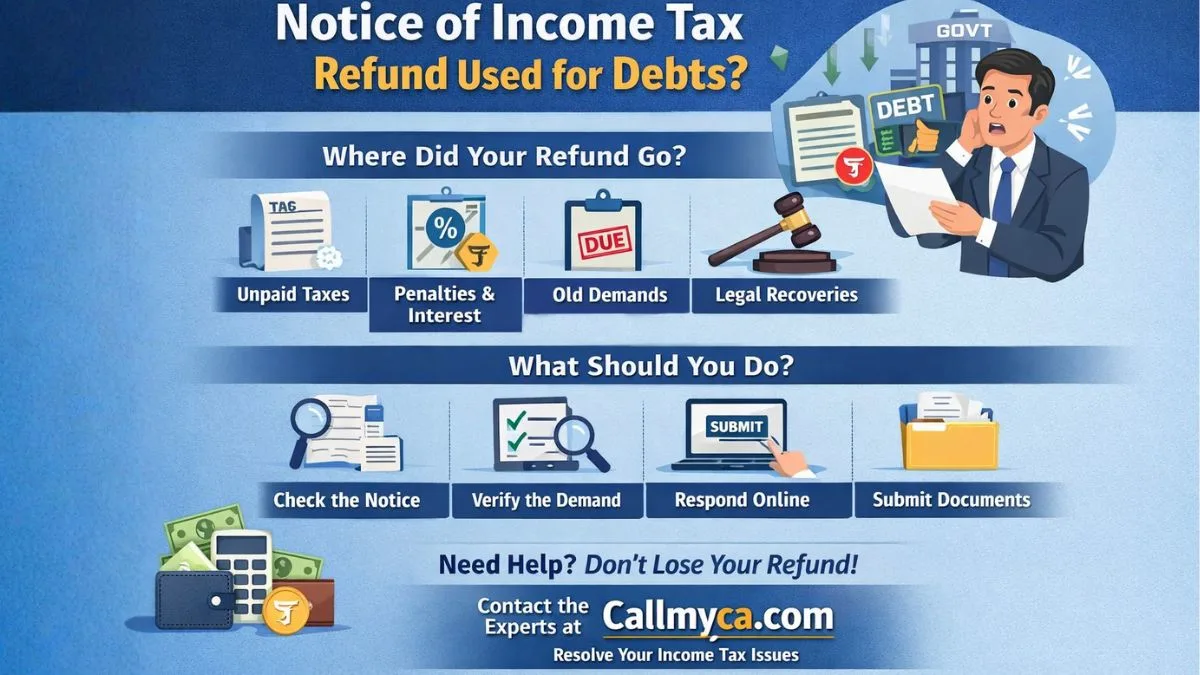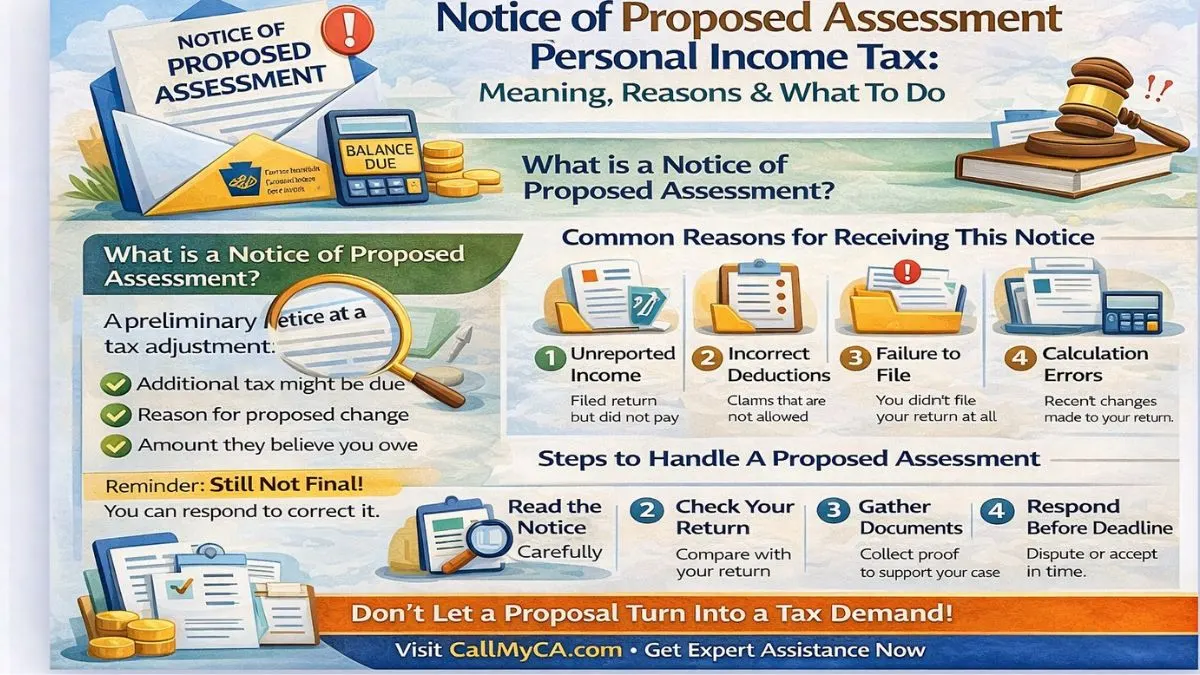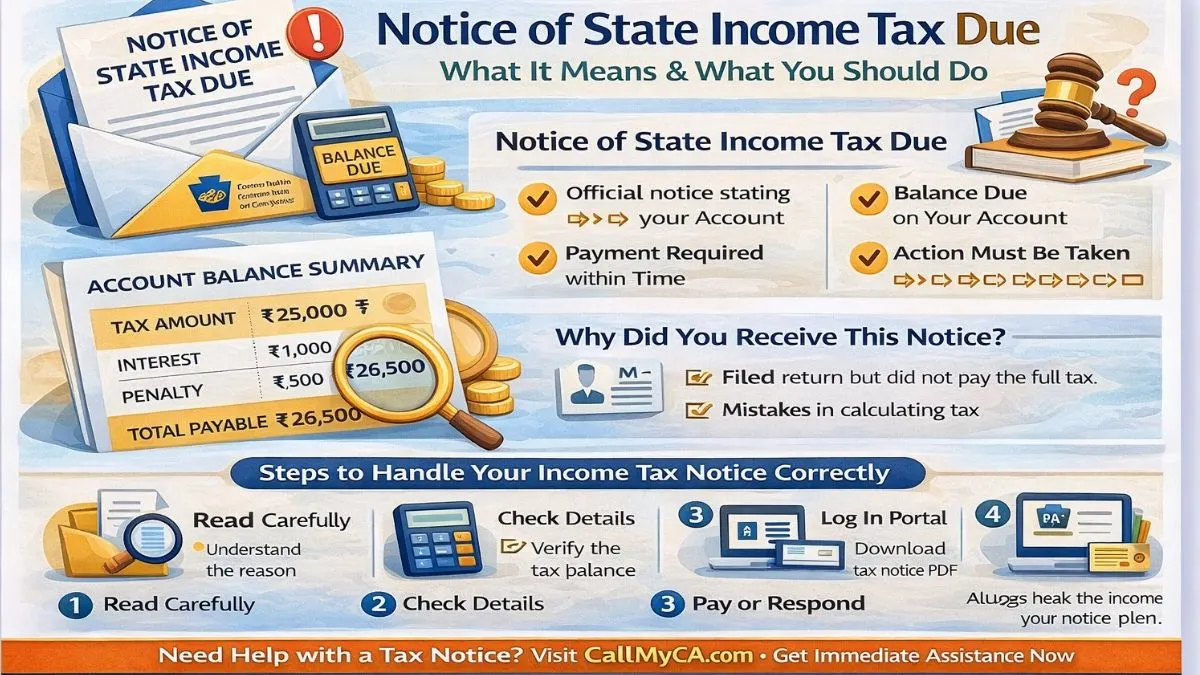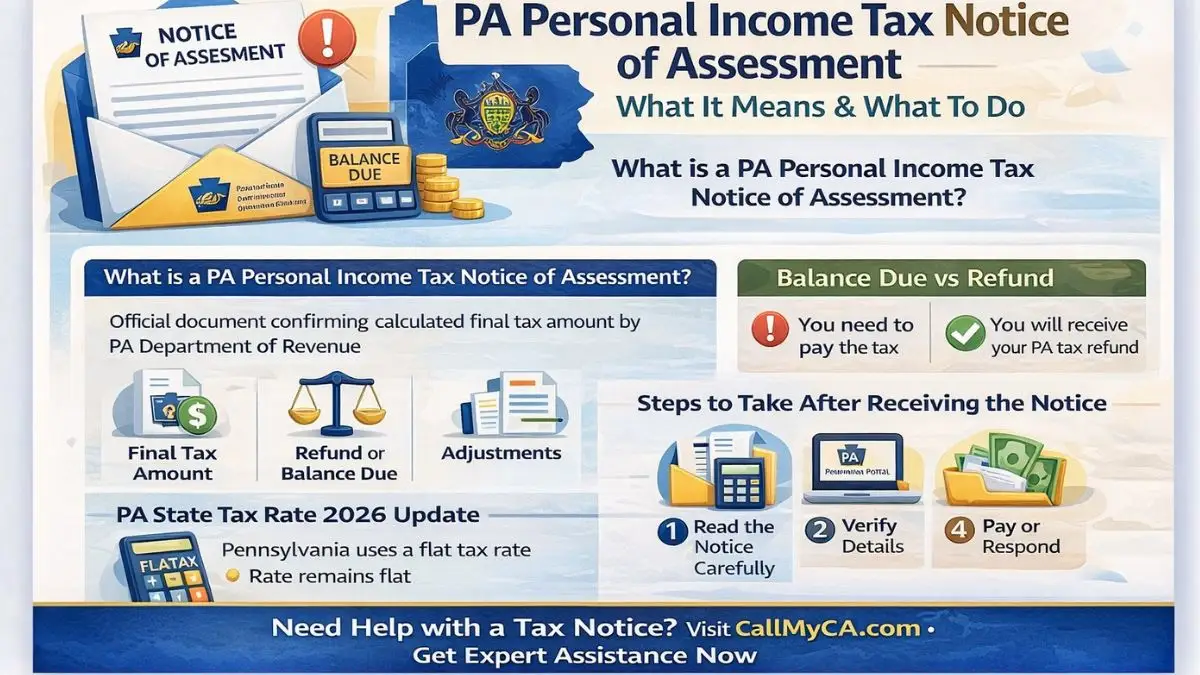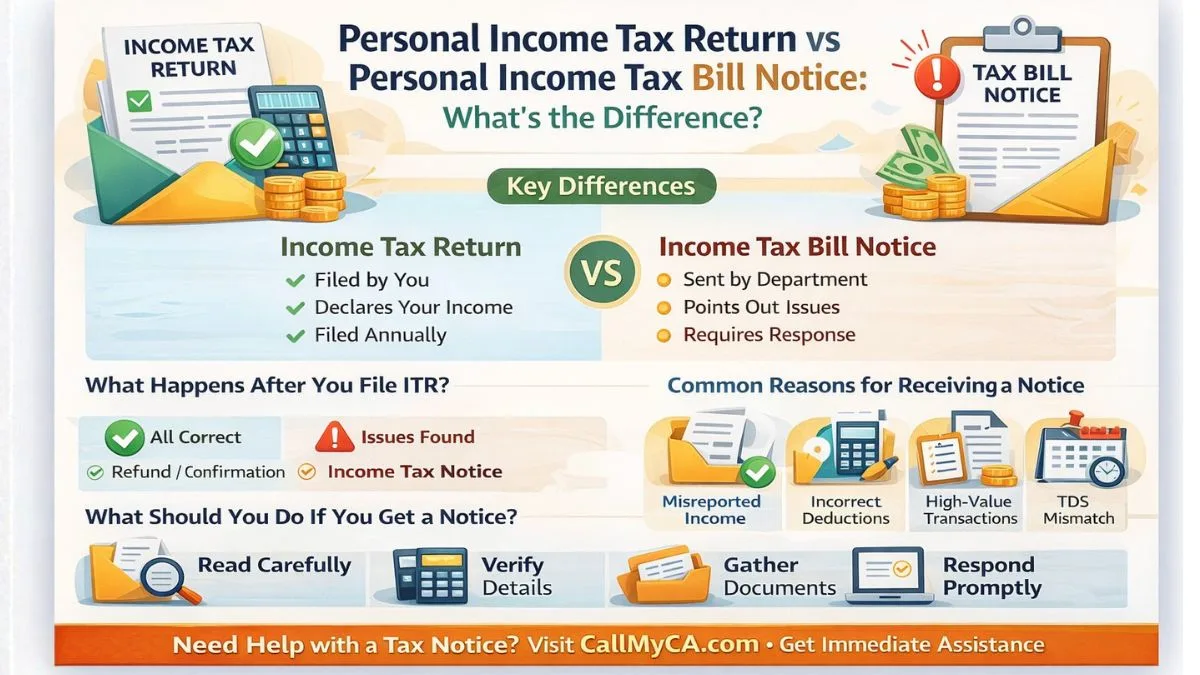
The Indian Income Tax Act is designed to bring transparency and fairness in taxation. However, when taxpayers fail to disclose the true source of their expenses, it creates doubts about the legality of such spending. To address this, the law has specific provisions that treat such unexplained outflows as taxable income.
One such provision is Section 69C of the Income Tax Act, which focuses on unexplained expenditure, etc. Simply put, where in any financial year an assessee has incurred any expenditure & cannot explain its source satisfactorily, the amount is treated as income and taxed accordingly.
This article covers the meaning, scope, penalties, case laws, and practical examples of Section 69C so that you can understand its implications clearly.
What is Section 69C of Income Tax Act?
Section 69C deals with unexplained expenditure which is deemed to be the income of the assessee. If a person spends money during a financial year but fails to justify the source of funds or gives an unsatisfactory explanation, the tax authorities will assume that the amount spent is income and tax it accordingly.
The law makes it clear that such expenditure cannot be claimed as a deduction against any other income. The entire amount is added to the taxable income for that year."
Key Features of Section 69C
- Applicability – It applies when in any financial year an assessee has incurred any expenditure but fails to explain the source.
- Deemed Income – Such unexplained spending is considered as income of the assessee for that year.
- No Deduction – Taxpayers cannot claim deduction for such expenses under any provision of the Act.
- Tax Liability – The unexplained expenditure is taxed at the regular slab rate or special rate as applicable.
- Burden of Proof – The onus lies on the assessee to prove the genuineness of the source of funds.
Unexplained Expenditure Which is Deemed to Be the Income of the Assessee
The essence of Section 69C is to treat unexplained expenditure which is deemed to be the income of the assessee.
For example, if a taxpayer purchases luxury items worth ₹20 lakh but fails to explain the source of funds, the entire ₹20 lakh will be treated as income under Section 69C. It will then be taxed as part of total income, & no deduction will be allowed.
This ensures that individuals cannot escape taxation by simply claiming that the funds came from vague or unverifiable sources.
Where in Any Financial Year an Assessee Has Incurred Any Expenditure
The wording of the section is important. It applies where in any financial year an assessee has incurred any expenditure & the source of such expenditure is not satisfactorily explained.
- If the taxpayer provides no explanation – it will be deemed income.
- If the explanation is found unsatisfactory by the Assessing Officer – it will still be deemed income.
- If documents or evidence are missing – it may fall under Section 69C.
This broad scope makes the section a powerful tool for tax authorities in curbing unaccounted money circulation.
Unexplained Expenditure, etc. – Practical Examples
- Luxury Wedding Expenses
Suppose a family spends ₹50 lakh on a wedding, but the income declared does not justify this expense. If no valid source is explained, the Income Tax Department may treat it as unexplained expenditure, etc. under Section 69C. - Foreign Travel
If a person spends ₹10 lakh on international travel but cannot justify how it was funded, the expenditure will be added as deemed income. - High-Value Property Renovation
Spending on property interiors worth lakhs without disclosure of income source can also attract Section 69C.
Case Laws Under Section 69C
Judicial interpretations have played a significant role in shaping how Section 69C is applied. Some important rulings include:
- CIT vs. Smt. P.K. Noorjahan – Courts have stressed that the discretion lies with the Assessing Officer to decide if an explanation is satisfactory.
- ACIT vs. Ravi Kant Jain – The absence of documentary evidence for expenses can lead to additions under Section 69C.
- CIT vs. Roshan Di Hatti – Even partial inability to explain expenditure can attract this section.
These judgments highlight that taxpayers need to maintain proper records to avoid additions.
Penalty and Interest Provisions
If income is added under Section 69C, the assessee is liable not just to pay tax but also penalty & interest.
- Penalty under Section 271(1)(c) may be levied for concealment of income.
- Interest under Section 234A/B/C is applicable for delays in filing or payment.
- In extreme cases, prosecution may also be initiated if deliberate concealment is proven.
Thus, unexplained expenditure can result in heavy financial as well as legal consequences.
Also Read: Section 69 of the Income Tax Act: A Deep Dive into Unexplained Investments
How to Avoid Additions Under Section 69C
- Maintain proper books of accounts.
- Keep invoices, bills, and receipts of all major expenses.
- Use banking channels for large payments instead of cash.
- Disclose gifts, loans, or other sources of funds in ITR.
- Respond to income tax notices with complete evidence.
Transparency and documentation are the best safeguards against additions under Section 69C.
Difference Between Section 69, 69A, 69B, and 69C
- Section 69 – Unexplained investments.
- Section 69A – Unexplained money, bullion, or valuables.
- Section 69B – Amount of investments not fully disclosed.
- Section 69C – Unexplained expenditure, etc.
While all these sections deal with unaccounted money, Section 69C is specifically about expenses not explained."
Conclusion
Section 69C of the Income Tax Act ensures that no unexplained spending goes untaxed. It targets unexplained expenditure which is deemed to be the income of the assessee & applies where in any financial year an assessee has incurred any expenditure without adequate explanation. Such unexplained expenditure, etc. is added to taxable income, and no deduction is permitted.
This section is a clear message to taxpayers that maintaining transparency & proof of all major expenses is essential. Failing to do so not only increases tax liability but also invites penalties.
💡 Want expert help in handling income tax notices and queries related to unexplained expenditure? Visit Callmyca.com today and let our professionals safeguard your interests while keeping you compliant.

